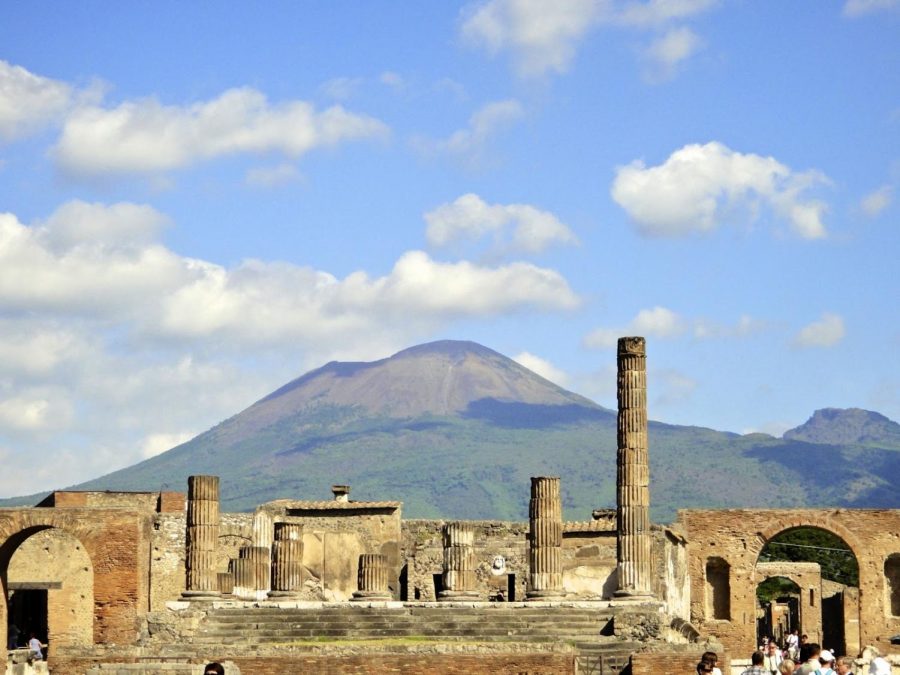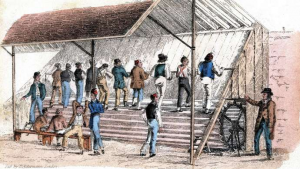The History of History
We are required to learn about history in school. But have you ever wondered how humans came to start seeking this information and when we started teaching history?
The study of history has a long history itself.
April 23, 2021
Around 2900 BCE, almost 5,000 years ago, people in ancient Mesopotamia were the first to start recording events. While some people believe that it could have started a little earlier with the ancient Egyptians, it is mostly accepted that the Mesopotamians were the first to record their history, says The Guardian. However, “history” could be interpreted in different ways. If you think of history as collective learning or spreading of information about threats, food sources, etc, then it could be said that humans have been keeping mental records for nearly our whole existence, says Khan Academy. Some cultures, like several of the native tribes of North America, passed on their history almost exclusively through stories, and have little to no written records.
But when did humans start to find an interest in our past? According to Britannica, during the European Renaissance of the 1400s, scholars and the general public started to find interest in uncovering relics from ancient Greece and Rome. Religious authorities started to sponsor the excavation of ancient artifacts. But, contrary to what we think of historical excavation now, they did not do this for the sake of learning about the past; more so, they did it to collect ancient art. In the 18th century, however, an interest in Greek and Roman history arose that was more intellectual, and based on learning about ancient peoples. This was the beginning of archaeology and led to the famous excavations of Pompeii and Herculaneum in Italy. Then, in the 1870s, Heinrich Schliemann’s work served as the foundation for archaeology that was scientific and led to the modern form of archaeology that we know today. In addition, it was not until Alexander Conze, in the mid-1870s, that photographs started to be included in publications of archaeological reports.
On Britannica‘s website, it is stated that during the first civilizational stage, which was from about 3000 BCE to 1500 BCE, there was education involving history. In ancient Egypt, there was scholarly education in humanities, science, math, medicine, and geometry, which were taught to priests. While education in these studies was only available to the elite in ancient Egypt, it is still an example of some of the earliest forms of history being taught in schools.
When you think about it, we are lucky today to have the vast amount of knowledge that is easily available to us, when back in ancient times, less than one percent of the population was lucky enough to be educated in a way that is primitive compared to what we have now. Ancient civilizations have intentionally (or unintentionally) left their history behind in the form of texts, carvings, and much more that has contributed to the modern form of history we have today.












